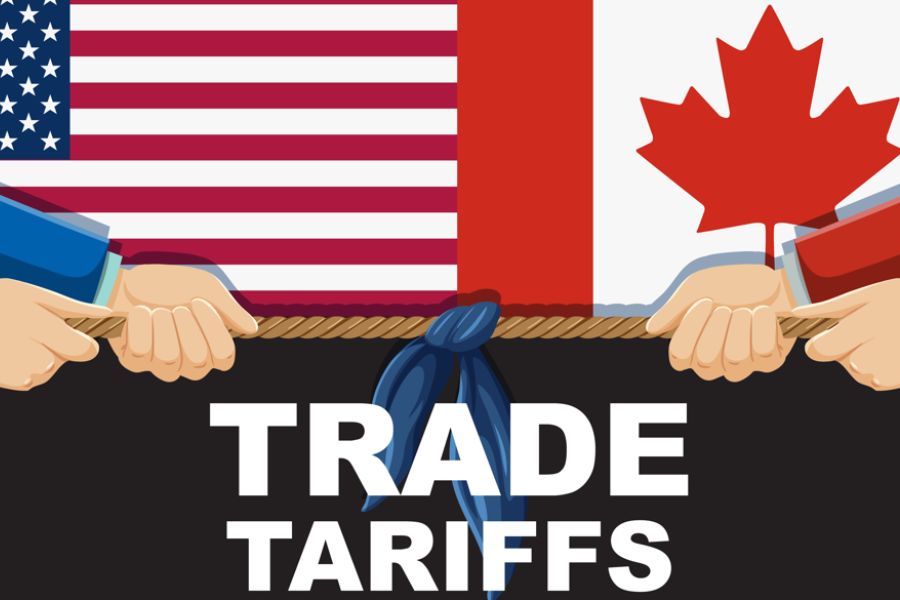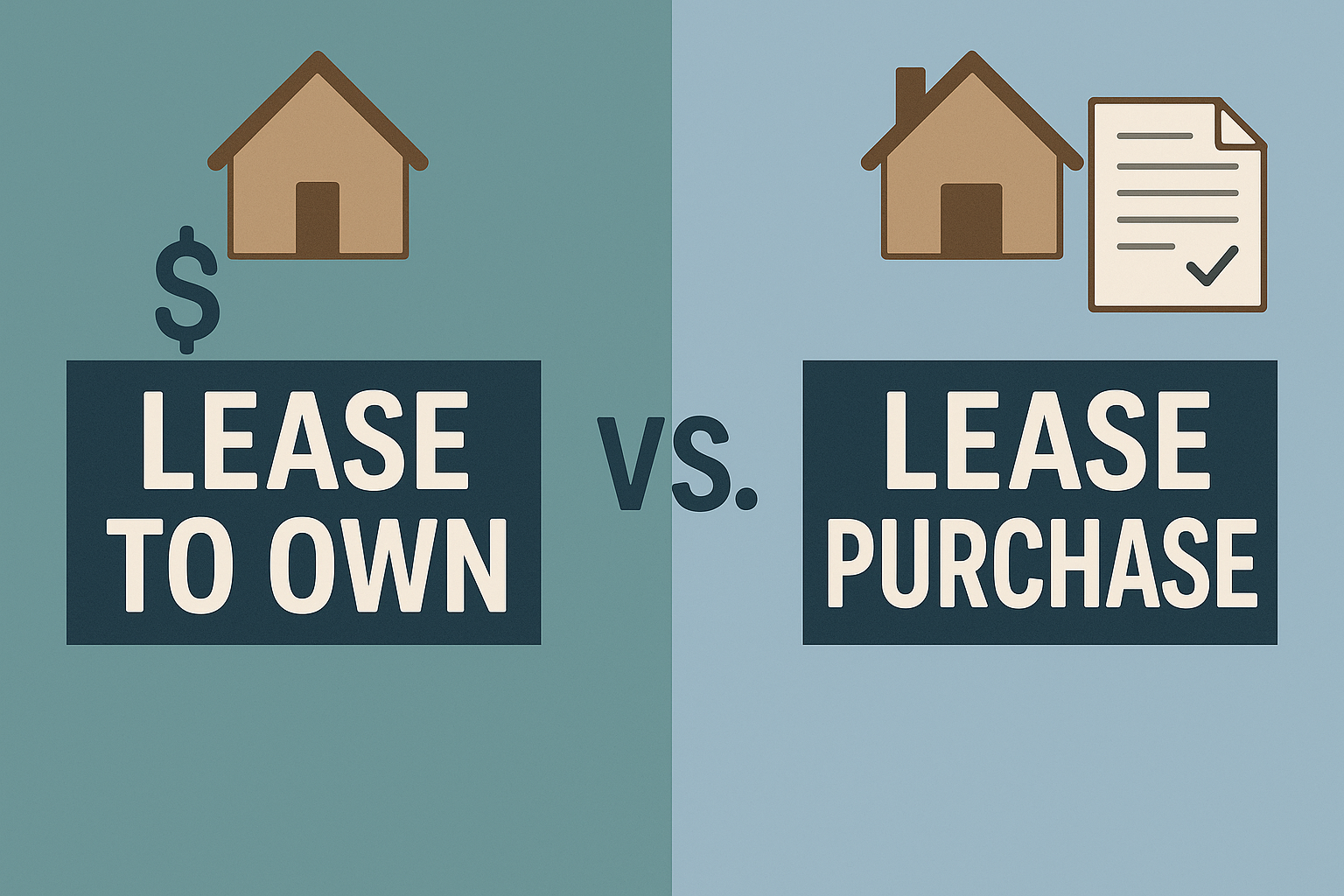How you can get a Capital Lease Approved Quickly

If you need equipment immediately, it begs the question: how can you get a capital lease approved quickly?
At Blue capital equipment finance, we’ll share the details behind a capital lease, other types of leases, and what you can do to get approved ASAP.
What is a Capital Lease?
Capital leases, also known as finance leases, grant the temporary use of an asset for a period of time. For leasing equipment, it is similar to making a rental agreement however capital leases have more benefits and protections for the lessee (ie: the borrower).
Let’s imagine you’re a construction company wanting to get a capital lease approved quickly for an excavator. Your construction business then temporarily owns the excavator for the capital lease term (let’s say 24 months). At the end of the lease, your company may have the option to buy the excavator if you decide you want to own it or simply return it to the leasing company.
A capital lease is also considered a purchase of an asset, such as a piece of heavy equipment. For proper accounting purposes, the leased equipment is treated like the lessee owns it on the balance sheet of the business. Lease payments can be written off a majority of the time.
As you could well imagine, leasing equipment helps relieve the costs of owning an asset. There are various practical benefits to having a leased asset, even for the short term.
What’s the difference between an Operating Lease?
The main difference between an operating lease and a capital lease is that in the former, there’s no option to own the asset afterward.
Imagine in the previous example, that your team likes the excavator you’ve leased for 24 months. Let’s suppose your company has been more efficient with the equipment and your cash flow is positive enough to buy the once-leased excavator. Under a capital lease, this would be an option for you, not an operating lease.
An operating lease is more similar to a rental agreement in this way. However, operating leases still have their own benefits for a variety of companies not looking to own an asset.
Pros of Capital Leases
- Saving on Taxes: Depreciation is calculated right on the balance sheet. Monthly payments are marked against the asset, having you save on income taxes.
- Try Before You Buy Approach: Having the option to own an asset you may grow to like is a huge strength of capital leases. There doesn’t have to be a 100% commitment to purpose, but it’s nice to have the option.
- Discounted Asset: If you do decide to buy the leased asset, it will be discounted by the lessee and it will be under market value. This is a better mid to long-term option for businesses.
Pros of Operating Leases
- No Risk of Ownership: Maintenance costs and other burdens of ownership aren’t your financial responsibility.
- Renting Something Out of Reach: While under an operating lease, you can stretch your budget a bit more to get a once-too-expensive piece of equipment feasible for your business. This is a fantastic option for small businesses.
- Less Expensive than Capital Leases: Monthly operating leases are less than capital leases if you’re not agreeing to own the equipment afterward. This makes it better as a short-term option for businesses.
Getting your Capital Lease Approved Quickly
To get your capital lease approved quickly, there are a few accounting questions you’ll need to consider. As long as you have an idea of what your business wants, the process will more than likely go smoothly. A consultant, like ours from Blue Capital, will help you go over these elements with you.
The four main components include:
- Ownership: Discussing if there’s a transfer of ownership agreement from the lessor to the lessee (you).
- Bargain Purchase Option (BPO): Capital lease agreements contain a BPO to purchase at an agreed-upon price when the lease is signed.
- Lease Term: The lease term is the length of the lease, the interest rate, what’s covered, terms/conditions, and how much it’ll cost the lessee.
- Present Value (PV): You may hear this term in the capital agreement process. The Present Value is the sum of all the lease payments plus the estimated value of the asset once the lease is over.
Don’t forget to contact us about getting your capital lease approved quickly for your business.


